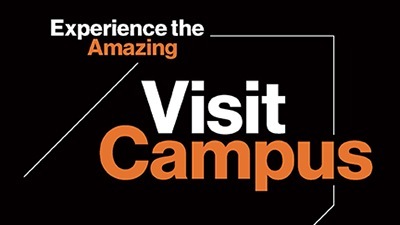
Frances Cooley
Assistant Professor, Liberal Studies
Frances Cooley
Assistant Professor, Liberal Studies
Bio
**** Dr. Cooley is accepting applicants to the PhD in Cognitive Science program. Please email her if you are interested in working with her.****
Education
PhD, Linguistics, University of Texas at Austin ('21)
MA, Linguistics, University of Texas at Austin ('18)
BA, Brain and Cognitive Science, American Sign Language, University of Rochester ('09)
Research
Reading is a complex cognitive process that requires a reader to integrate visual and linguistic information to efficiently and accurately extract meaning from text. Much of early schooling focuses on instructing children how to read, then pivots to children reading to learn. Reading is also necessary to communicate with others in a digital age and for independence during daily life. As such, the ability to read is essential for academic and professional success. In my research, I assess reading behaviors of deaf readers from strengths-based and bilingualism perspectives to understand the strategies that underlie skilled reading in this population. The ultimate goal of this line of research is to influence language and educational practices for deaf students to ensure we are meeting the needs of this underserved and understudied population.
My current projects assess the role of deafness and sign language exposure by testing reading behaviors of: Deaf individuals who learned ASL before learning to read, Deaf individuals who learned ASL after learning to read, hearing individuals who are first language users of ASL (children of deaf adults, CODAs), and hearing second language readers of English.
In addition to my established research, I am currently working on an R21 Exploratory Grant to investigate reading behaviors of young developing deaf bimodal bilinguals (Grades 3-5). This will provide us insight into the development of reading efficiency and help identify areas where skilled young deaf readers excel to create better instructional tools to benefit print literacy in this underserved population.
Teaching
I teach several courses within the department of liberal studies at NTID. As a psychology professor, I primarily teach psychological courses of all levels (including PSYC-101 Intro to Psychology; PSYC-221 Psychological Disorders) as well as quantitative research methods (LEAD 351) and the Cognitive Science Colloquium (COGS 801).
Select Scholarship
Currently Teaching
In the News
-
November 6, 2025

New eye-tracking research will help understand how deaf people process vocabulary
Researchers will soon use eye-tracking to show how deafness impacts vocabulary knowledge and reading as well as how deaf and hard-of-hearing children, who have historically shown lower than average reading outcomes, develop into highly skilled readers.




